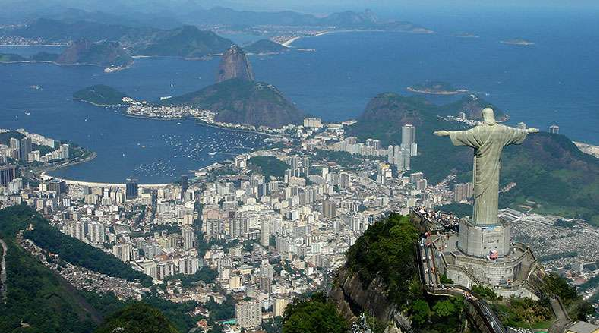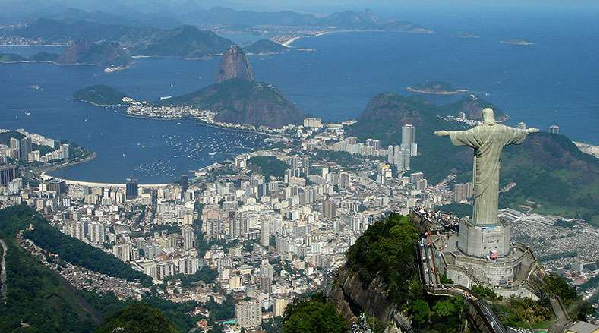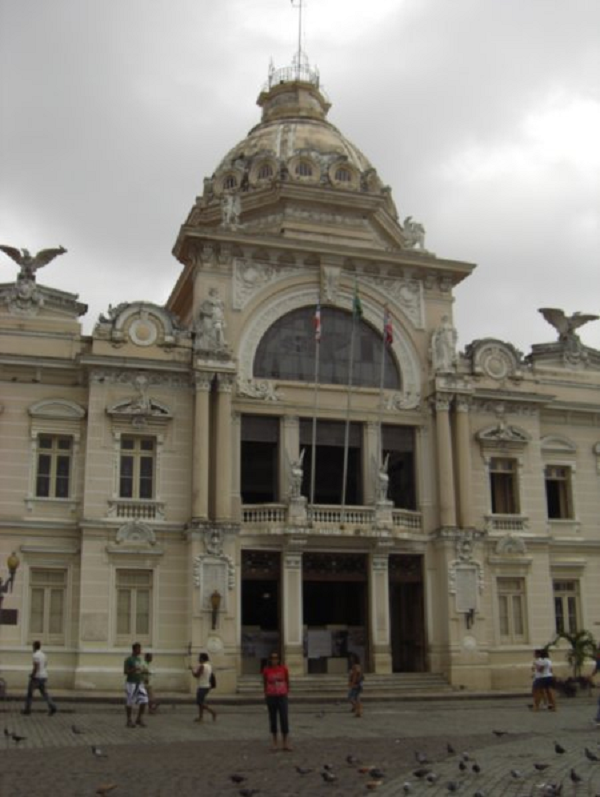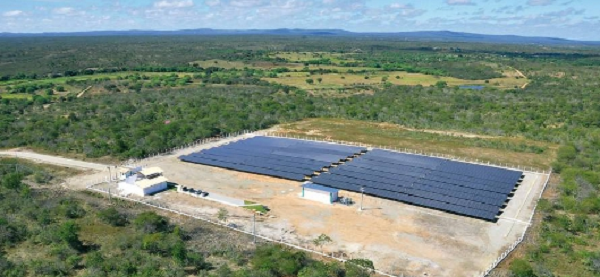
by Editor | May 25, 2021 | World
 Brasilia, (IANS) The Brazilian state of Rio de Janeiro has declared a financial emergency less than 50 days before the Olympics.
Brasilia, (IANS) The Brazilian state of Rio de Janeiro has declared a financial emergency less than 50 days before the Olympics.
Interim Governor Francisco Dornelles on Friday said the “serious economic crisis” threatens to stop the state from honouring commitments for the games, BBC reported.
In a decree, Dornelles said the state faced “public calamity” that could lead to a “total collapse” in public services, such as security, health and education.
He authorised “exceptional measures” to be taken ahead of the Games slated to start on August 5, that could impact “all essential public services”, but no details were given.
The state has projected a budget deficit of $5.5 billion for this year.
Interim President Michel Temer has promised significant financial help.
The governor has blamed the crisis on a tax shortfall, especially from the oil industry, while Brazil overall has faced a deep recession.
The measure could accelerate the release of federal emergency funds.
Rio state employees and pensioners are owed wages in arrears. Hospitals and police stations have been severely affected.

by Editor | May 25, 2021 | World
 Brasilia, (IANS) Brazil’s Minister of Finance said the accumulated drop of the country’s GDP in 2015 and 2016 could be the worst in its history, vowing to reverse the economic downturn by taking measures such as controlling government spending.
Brasilia, (IANS) Brazil’s Minister of Finance said the accumulated drop of the country’s GDP in 2015 and 2016 could be the worst in its history, vowing to reverse the economic downturn by taking measures such as controlling government spending.
Henrique Meirelles on Wednesday lambasted the economic policies of the government of suspended President Dilma Rousseff, but swore that the country was now headed in “a new direction”, Xinhua news agency reported
He made the remarks when speaking to an audience of entrepreneurs at the presidential Planalto Palace, alongside interim President Michel Temer.
“Errors of judgement led to errors in the economy. We must now see what lies behind the recession and reverse this process,” said the minister.
In 2015, the Brazilian GDP shrank 3.8 per cent and a similar contraction is predicted for this year.
Furthermore, according to government figures, public spending grew by 5.8 per cent above inflation between 2007 and 2015.
“The entrepreneurs here present easily understand that this is unsustainable,” Meirelles noted.
The minister also listed a series of measures announced by the Temer government to reverse the country’s economic downturn, including creating a cap on government expenditure.
According to Meirelles, once the government shows it has brought spending under control, the signs of negative economic activity will begin to reverse.
“From the moment that all our fiscal measures are approved, I have no doubt that growth will return in the following quarters at a surprising speed. We can have a very strong recovery,” he added.

by Editor | May 25, 2021 | World
 Brasilia (IANS) Brazil’s solar energy sector could create up to 4 million jobs and bring in 11.3 billion reais ($3.2 billion) in new taxes if the government takes support measures.
Brasilia (IANS) Brazil’s solar energy sector could create up to 4 million jobs and bring in 11.3 billion reais ($3.2 billion) in new taxes if the government takes support measures.
If the government reduces taxes on solar energy raw materials and give workers easier access to those projects, nearly 8.8 million Brazilian houses and shops could generate their own energy by placing solar panels on the roof by 2030, said a Greenpeace report on Friday.
“All measures studied indicated that is achievable, based on the responsibility of municipal, regional and federal governments. Public authorities have the power to allow solar energy systems to become more attractive for the population. This study shows the best ways to do this,” Barbara Rudim, leader of the Greenpeace campaign, told a press conference.
The study shows that if the taxes are reduced on raw materials, the governments might temporarily lose revenue but this would be compensated in the long term by the creation of jobs, economic growth and the natural tax increase this would lead to, Xinhua news agency reported.
These incentives are also considered as being good for the environment, said Greenpeace.
The report pointed out that if more people generate more energy from the sun, the government will be able to reduce energy subsidies and cut the emissions from power generation plants.

 Brasilia, (IANS) The Brazilian state of Rio de Janeiro has declared a financial emergency less than 50 days before the Olympics.
Brasilia, (IANS) The Brazilian state of Rio de Janeiro has declared a financial emergency less than 50 days before the Olympics.

